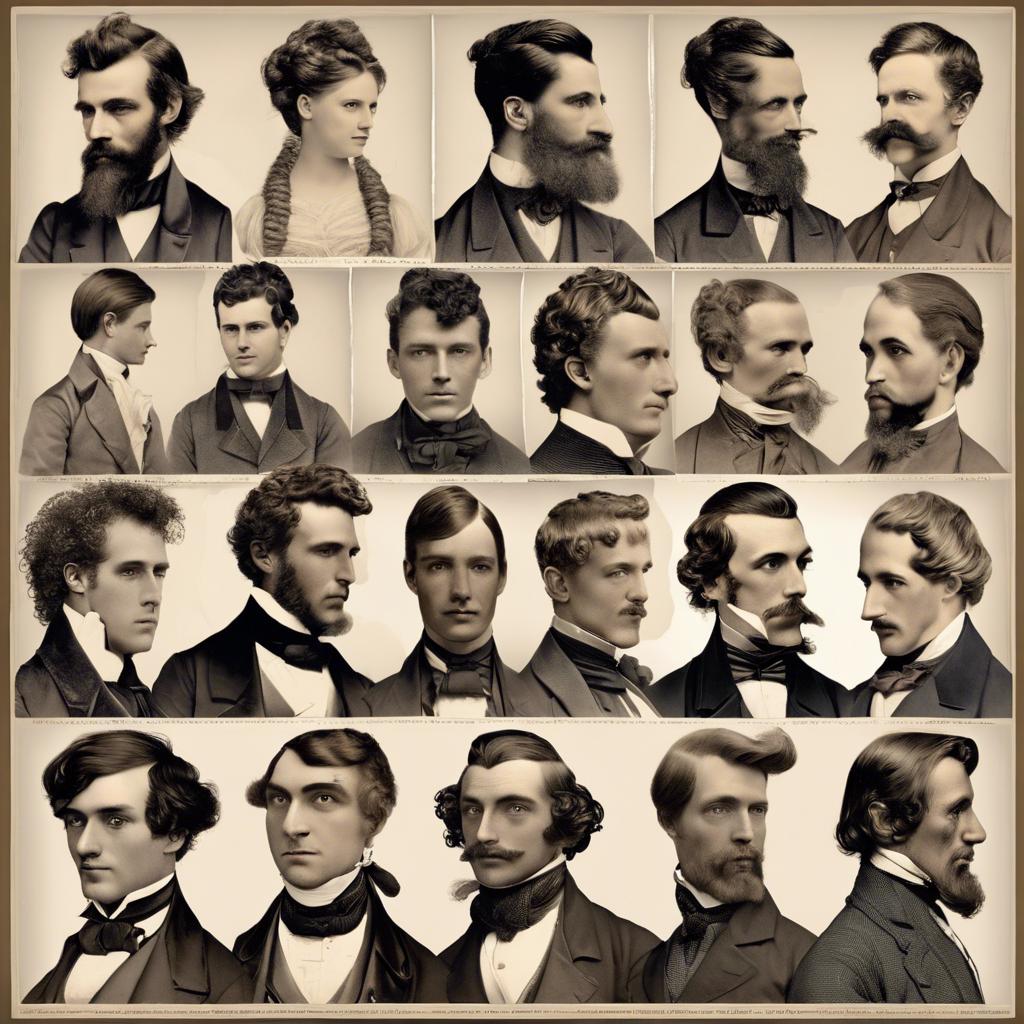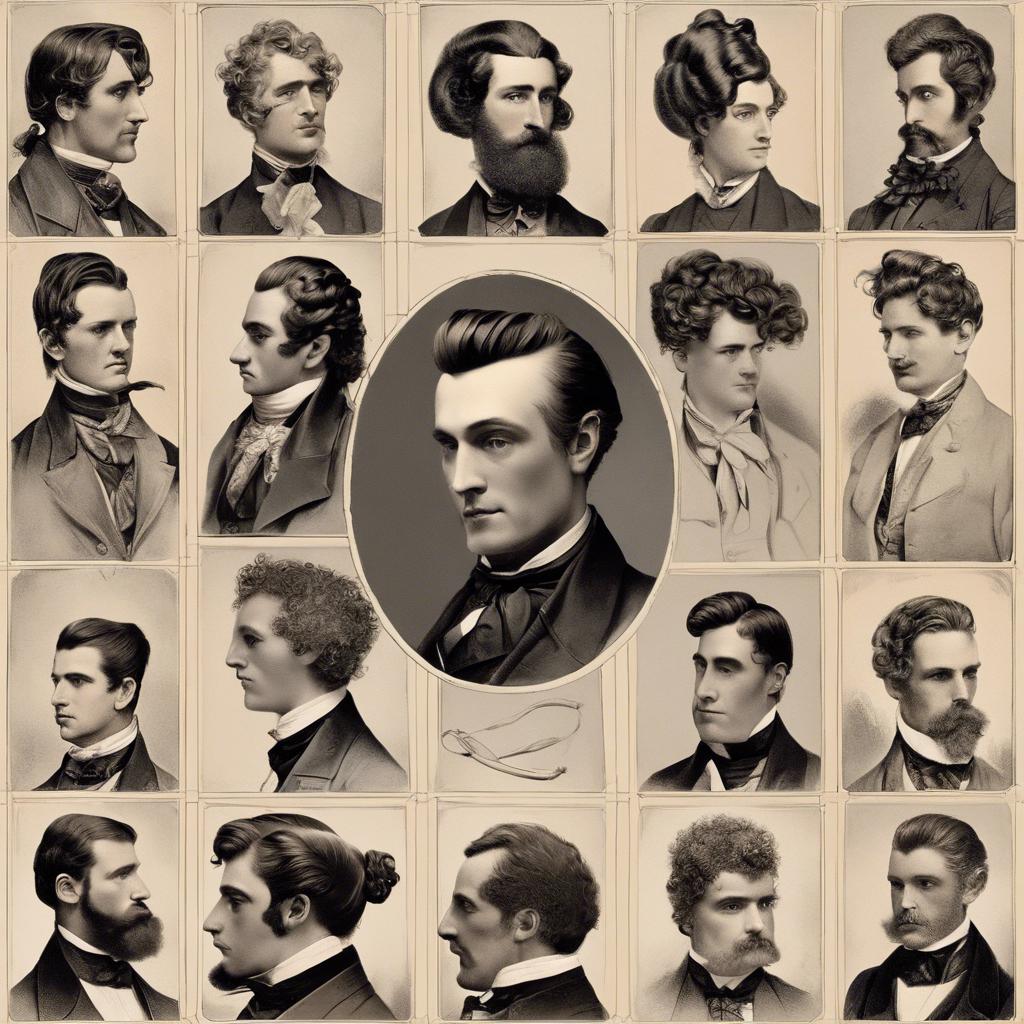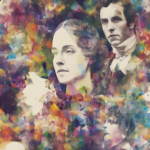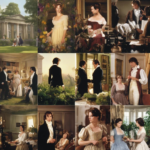During the 19th century, men’s hairstyles underwent a notable evolution, reflecting the changing societal norms and fashion trends of the era. From the elegant coiffures sported by the aristocracy to the rugged looks embraced by working-class men, the hairdos of the 1800s were as diverse as the individuals who wore them. In this article, we will delve into the fascinating world of 19th-century hairstyles for men, exploring the styles, techniques, and cultural influences that shaped their grooming practices during this iconic period in history.
Step Into the World of Cheryl Bolen
Dive into the enchanting stories of love, intrigue, and elegance set in the Regency Era. Cheryl Bolen's novels offer timeless romance and captivating tales that will leave you wanting more.
Explore Cheryl Bolen's Books Now
– The Evolution of Mens Hairstyles in the 1800s: A Look Back at the Diverse Trends and Influences
In the 1800s, men’s hairstyles underwent a significant evolution with diverse trends and influences shaping the way men styled their hair. From the early part of the century to the later Victorian era, there was a dramatic shift in grooming habits and fashion aesthetics that reflected the changing societal norms and cultural influences of the time.
During the early 1800s, men typically wore their hair long and natural, often styled with a side part or slicked back with pomade. As the century progressed, the influence of European aristocracy and military fashion began to impact men’s hairstyles. This led to the popularization of more structured and elaborate styles, such as the iconic pompadour and the dapper side-parted look.
By the latter part of the 1800s, men’s hairstyles became more diverse and extravagant, with the influence of the industrial revolution and advances in grooming products leading to a wider range of styling options. From the sleek and refined look of the top hat to the voluminous curls of the dandy, men’s hairstyles in the 1800s reflected a blend of tradition, innovation, and personal expression.
– Classic Styles for Dapper Gentlemen: Exploring Pompadours, Side Parts, and Handlebar Mustaches
During the 1800s, men’s hairstyles were a reflection of elegance and refinement. The pompadour hairstyle, characterized by its voluminous top and sleek sides, was a popular choice among dapper gentlemen of the era. This style exuded sophistication and class, making it a staple for formal occasions and high society events.
Side parts were another classic hairstyle that reigned supreme in the 1800s. With a clean and sharp parting on one side of the head, this look conveyed a sense of orderliness and precision. Side parts were often paired with tailored suits and polished shoes, completing the impeccable ensemble of the Victorian gentleman.
For those looking to make a bold statement, the handlebar mustache was the ultimate accessory. This style featured long, curved ends that could be styled and shaped to achieve a distinguished look. The handlebar mustache was a symbol of masculinity and sophistication, adding a touch of flair to any gentleman’s appearance during the 1800s.
– Expert Tips for Recreating Authentic 1800s Hairstyles: Using Pomade, Mutton Chops, and Vintage Tools
In order to achieve authentic 1800s men’s hairstyles, it is essential to use specific tools and products that were popular during that era. One key element to recreating these historical looks is the use of pomade. Pomade was a staple product in the 1800s and was used to slick back hair and create a sleek, polished appearance. To achieve this look, apply a generous amount of pomade to damp hair and comb through for a slick finish.
Another iconic feature of 1800s men’s hairstyles was the presence of mutton chops. Mutton chops are sideburns that extend down the side of the face and connect to a mustache, creating a distinctive and bold look. To achieve this style, allow your sideburns to grow out and shape them to your desired length. Pair your mutton chops with a clean-shaven chin for a classic 1800s aesthetic.
When recreating authentic 1800s hairstyles, it is important to utilize vintage tools such as straight razors and hair combs. These tools were commonly used during this time period and can help you achieve a more accurate and historically accurate look. Invest in high-quality vintage tools to truly capture the essence of 1800s style. Consider adding a straight razor shave to your grooming routine for a truly authentic touch.
– Navigating Modern Interpretations of 1800s Hairstyles: Finding the Balance Between Historical Accuracy and Contemporary Style
Men’s hairstyles in the 1800s were a reflection of the fashion and societal norms of the time. Finding the balance between historical accuracy and contemporary style can be a challenge when navigating modern interpretations of these iconic looks.
One key aspect to consider when recreating 1800s hairstyles for men is understanding the historical context behind the styles. From the dapper side part to the elegant top hat, each hairstyle carried its own significance and meaning in society.
When translating these vintage looks to the modern day, incorporating elements of 1800s hairstyles with a contemporary twist can help strike the perfect balance between honoring history and expressing personal style. Experimenting with textures, lengths, and accessories can bring a fresh perspective to these classic looks while staying true to their roots.
The Conclusion
the hairstyles of men in the 1800s reflected not only their personal style, but also the societal norms and values of the time. From the dashing sideburns of the Romantic era to the sleek pompadours of the Victorian era, men’s hairstyles in the 1800s were a true reflection of the changing times. We hope this article has provided you with a glimpse into the fascinating world of 19th-century men’s fashion and grooming trends. Thank you for joining us on this journey through history.


